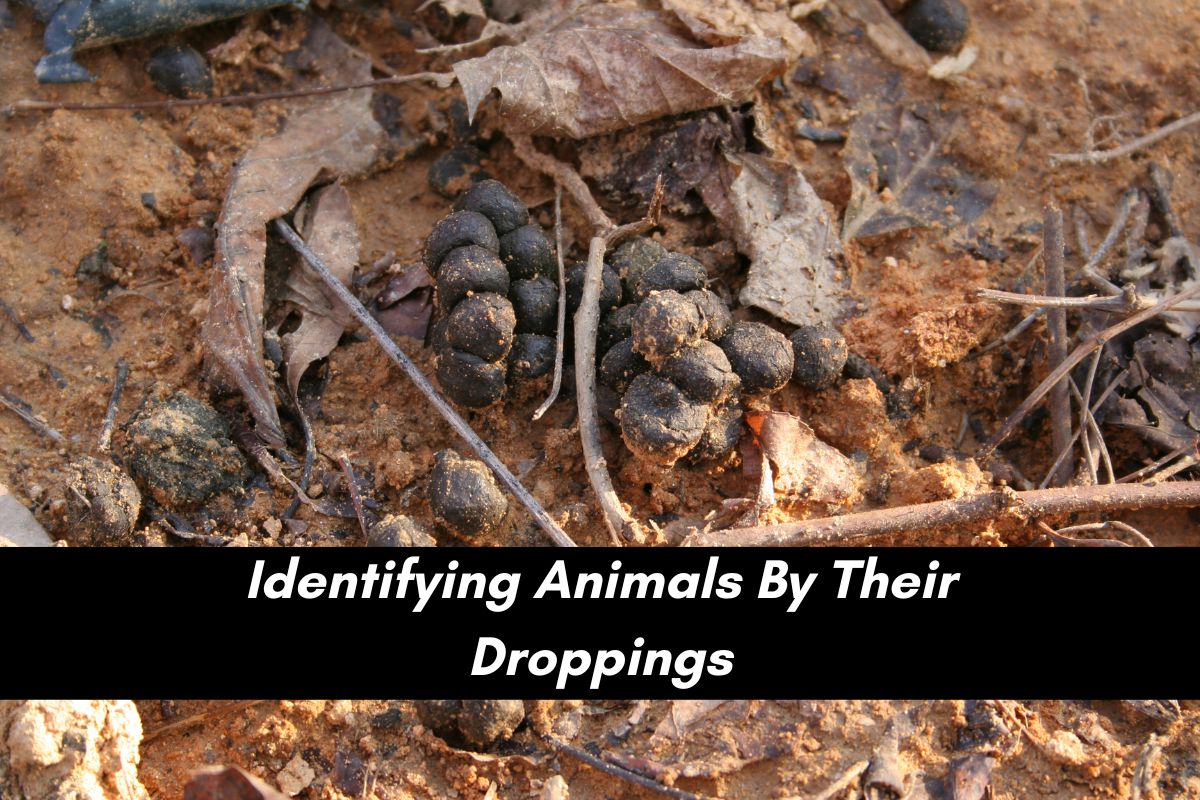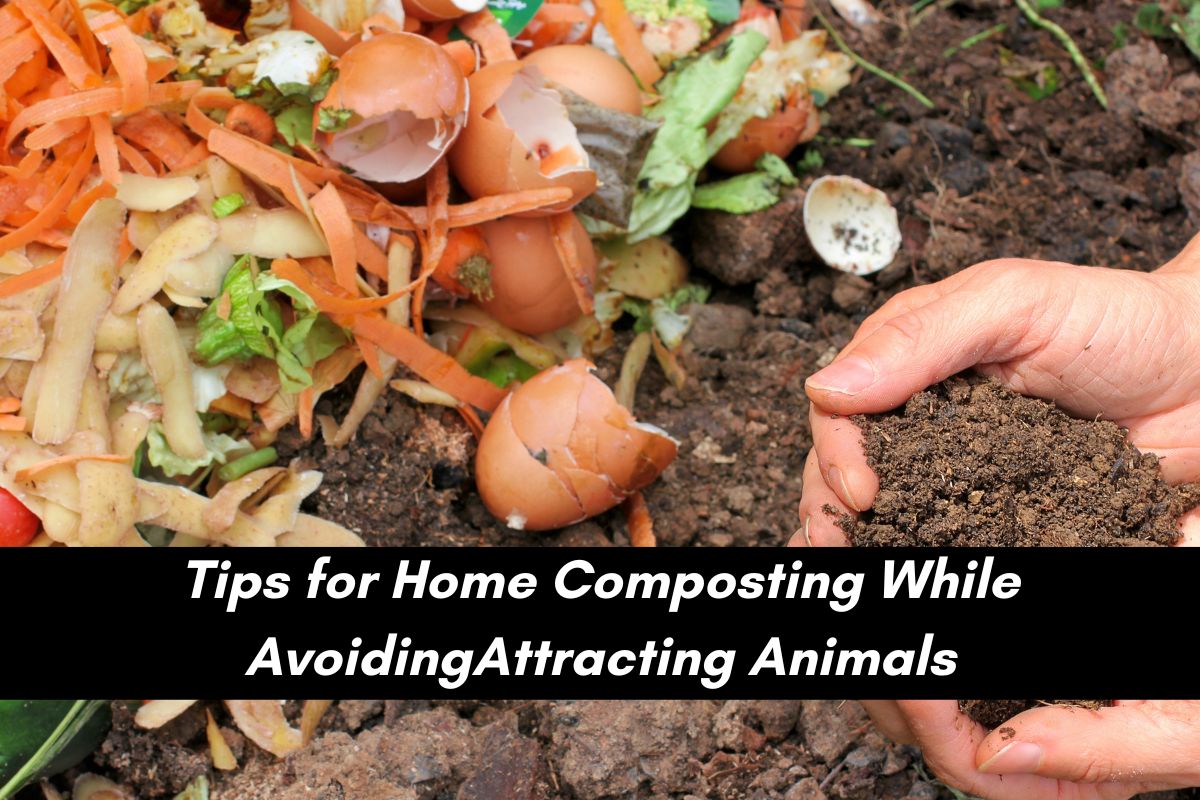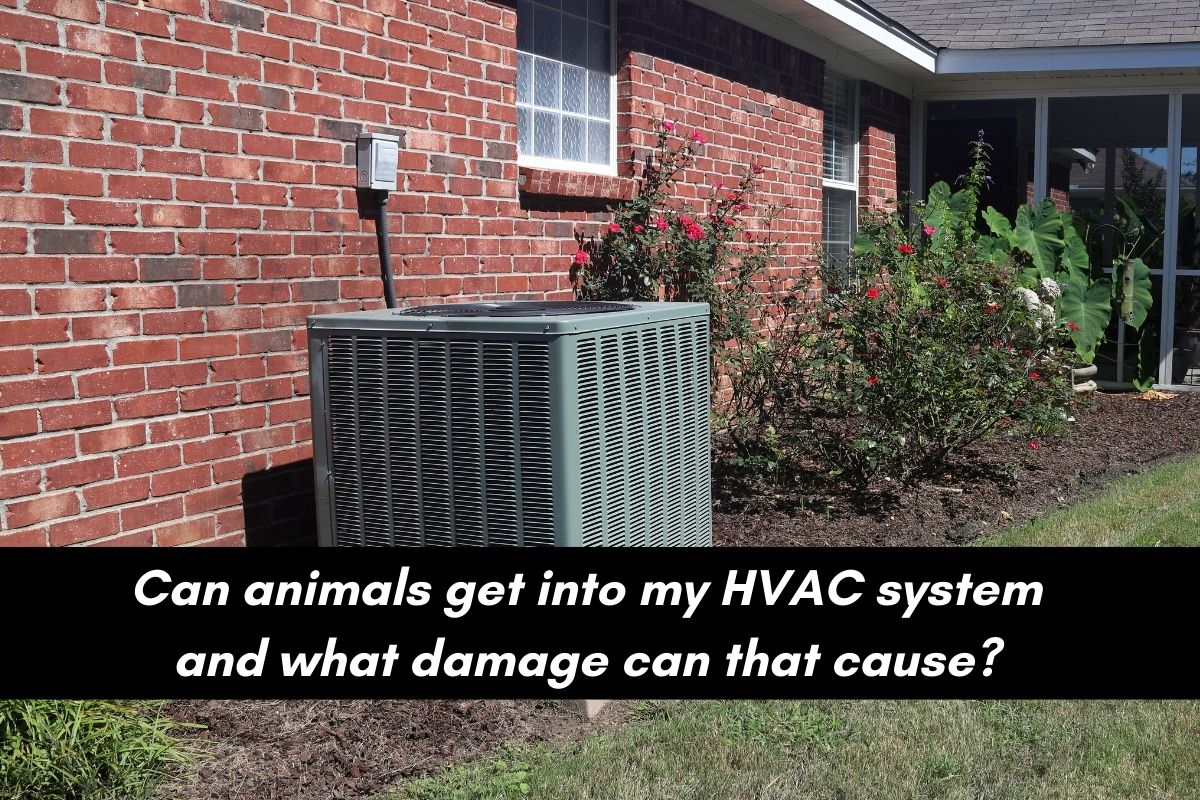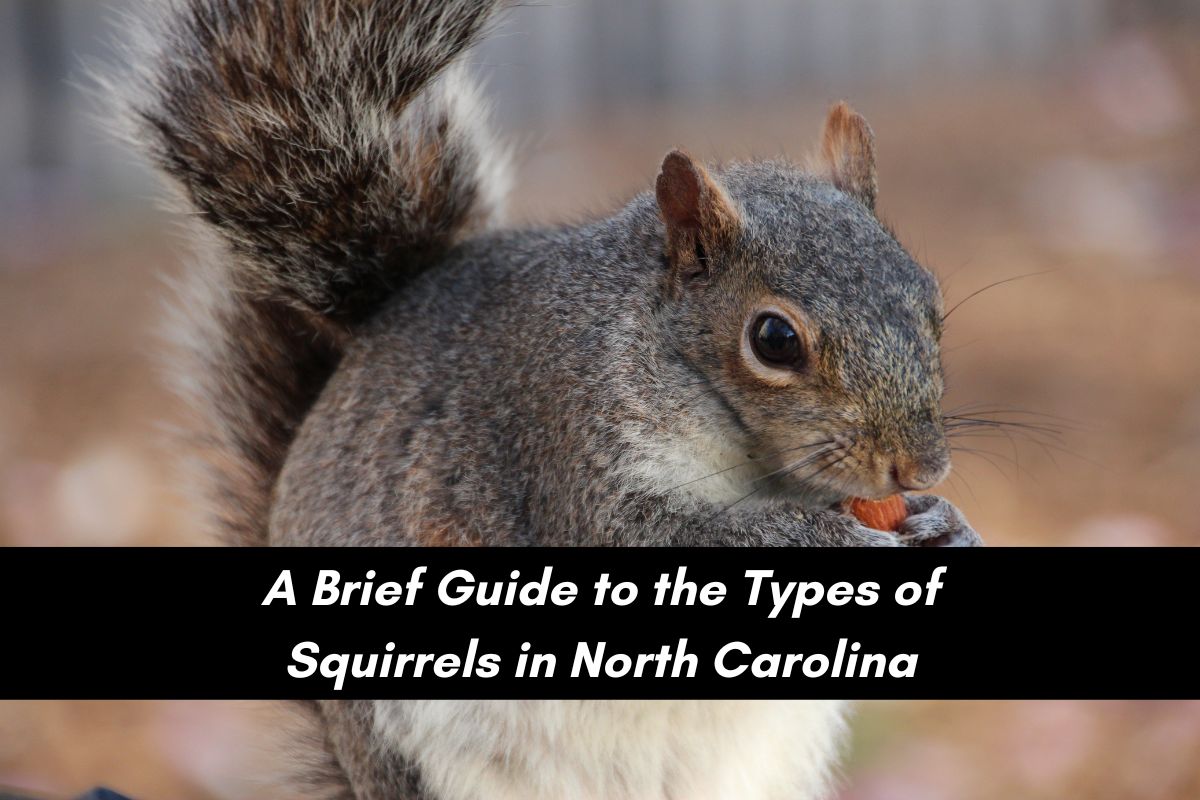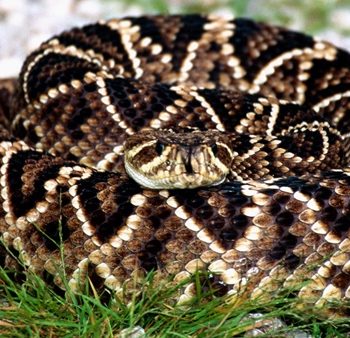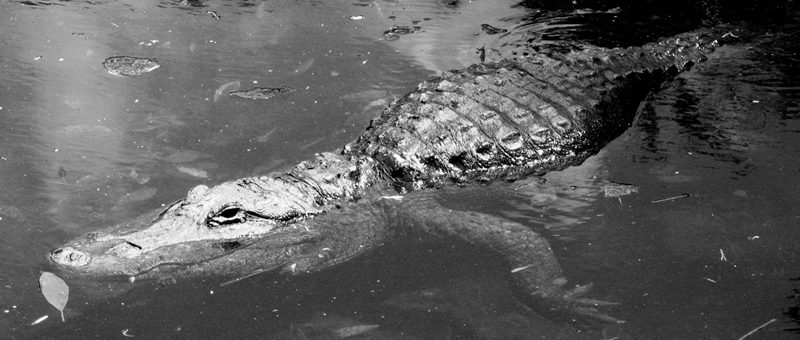
Are There Gators in the Triangle?
- Posted by AdminBW
- On July 12, 2016
- 0 Comments
Even if you try your hardest not to pay attention to the news, it’s likely you heard the heartbreaking story of a little boy who was snatched and killed by a large alligator at Disney World a few weeks ago. Beyond the clear tragedy of the situation, the sensational national headlines, combined with a separate incident in late June where video captures an alligator easily scaling an eight-foot fence, have people in sub-tropical climates in the U.S. wondering if they might need to be on the lookout for gators.
Are there Alligators in Raleigh and North Carolina?
The short answer is, “yes.” Just last year, alligators and their stories were documented throughout parts of the state. A 12-foot gator was seen blocking traffic on a back road in Brunswick County. In New Hanover County, a 9-foot alligator had to be removed from a neighborhood. At Oregon Inlet, a boater spotted a gator swimming. And a well-known, 12-foot alligator in the Dare County swamps, was struck and killed on U.S. 64.
One of the hardest things to do with alligators is to count them, due to their reclusive nature. With this in mind, recent studies have shown an uptick in alligator population, though scientists note that alligators tend to live in bunches. For example, in a population count that overlapped between 2012 and 2013, 79 alligators were found to be living in Orton Pond, a 500-acre lake south of Wilmington. The previous study, performed in 1980, documented only 40 alligators.
Where Are They?
Most of North Carolina’s alligators are found in the southeastern corner of the state. The northernmost gators in North Carolina live in Merchants Millpond State Park, in Gates County ( approximately 7 miles south of the Virginia state border).
What To Do If You See One
If you see an alligator, leave it alone! If you simply leave an alligator alone, it will eventually move on in a few hours or days. Yes, that might seem a long time when you’re on the back nine, but it’s worth the wait to avoid the risk of an attack. Do not feed alligators or try to move them yourself.
If you need an alligator removed for safety reasons, contact a wildlife officer or public official in the area. While most animals simply need to be removed from property, a dangerous animal like an alligator will likely need to be reported to authorities for safety reasons.




